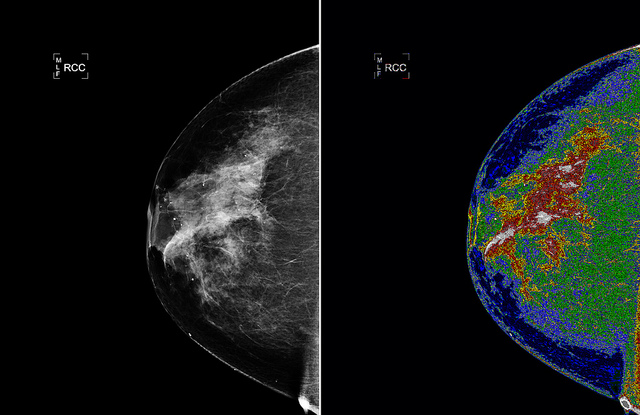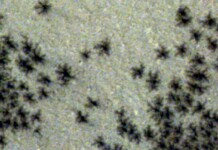
A drug that targets the deadliest form of breast cancer has recently been found to elicit no side effects, and triggered an immune response in 75% of patients.
Conducted at the Cleveland Clinic with funding from the Pentagon, the vaccine was administered to 16 women in three separate doses. The form of the vaccine that went through trials is meant to stop the return of this aggressive form of cancer in those who have already been treated.
Further research will tool it to attack tumors in women who have yet to undergo treatment.
mRNA vaccines for cancer tumors are really where this technology comes into its own. Using a piece of the tumor to train immune cells like bloodhounds to search them out is far more effective than using it to train a single component of a constantly mutating virus, as was done to try and combat COVID-19.
It could be available in five years, estimates ABC’s medical correspondent Dr. Jennifer Ashton, who didn’t participate in the research.
According to Anixa Biosciences, the firm behind this vaccine, the drug will target a lactation protein, known as α-lactalbumin, that is present in the majority of triple-negative breast cancer patients.
“The data from our Phase 1 trial to date has exceeded our expectations, and we are pleased with our progress. This vaccine is designed to direct the immune system to destroy TNBC cancer cells through a mechanism that has never previously been utilized for cancer vaccine development,” stated Dr. Amit Kumar, Chairman and CEO of Anixa Biosciences.
OTHER CANCER DEVELOPMENT: Scientists Develop Personalized Anti-Cancer Vaccine That Works in Mice
This year, GNN reported on another cancer vaccine with immense promise; this one for melanoma, which is predicted to be the second-most common type of cancer in the US by 2040.
In a phase 2b trial, 107 participants were treated with both the vaccine and immunotherapy drug pembrolizumab. Their melanoma returned in only 24 patients (22.4%) within two years, compared with 20 out of 50 (40%) who received only pembrolizumab.
WATCH the story from GMA below…
SHARE This Promising Treatment Coming Down The Pike With Your Friends…



















